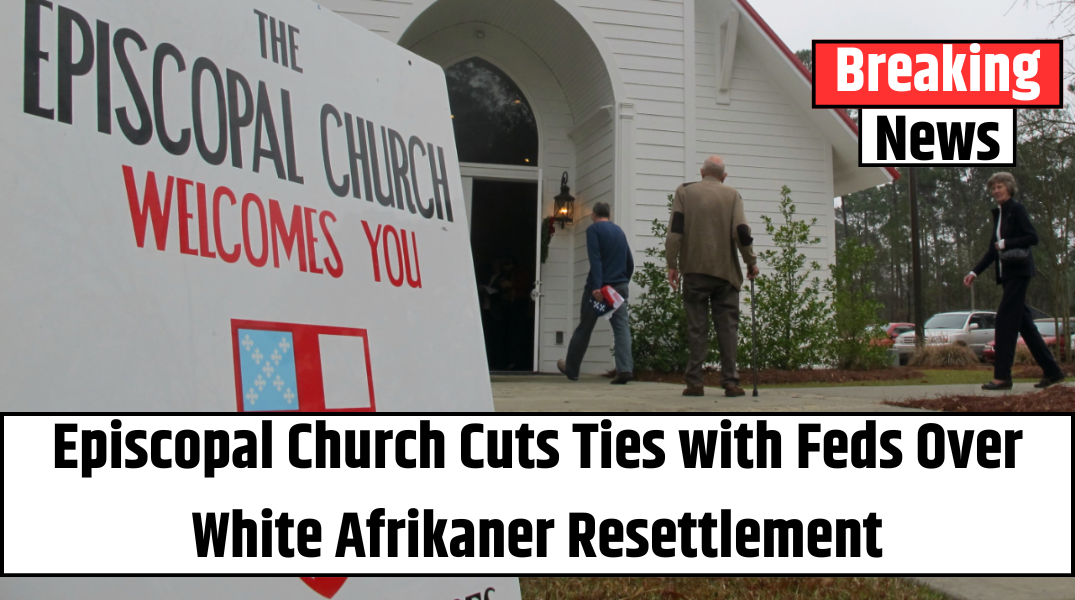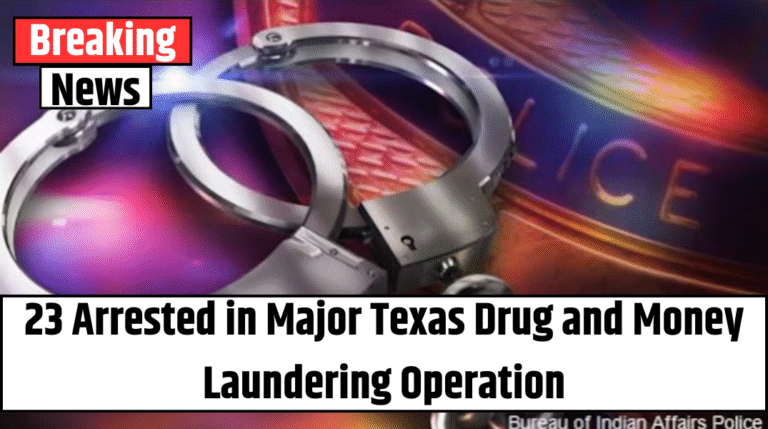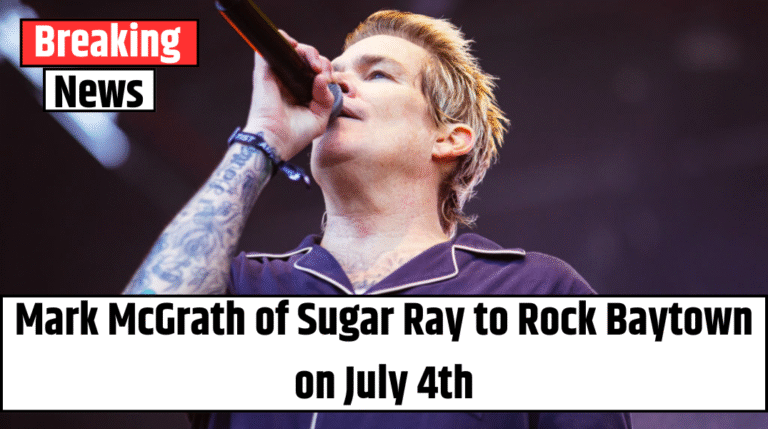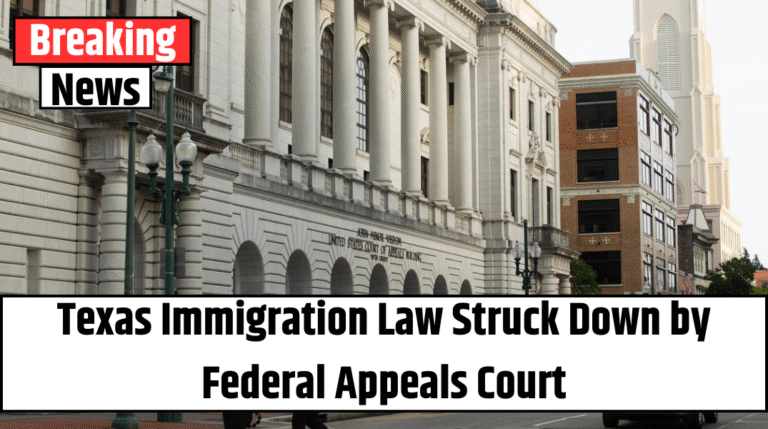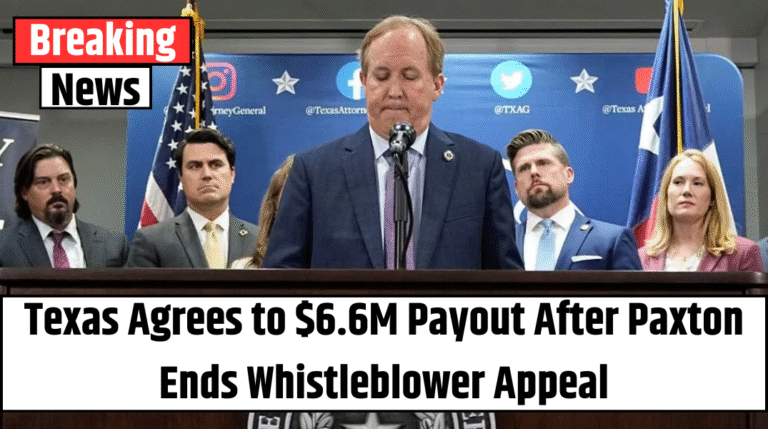Episcopal Church Cuts Ties with Feds Over White Afrikaner Resettlement
A nearly four-decade collaboration between the Episcopal Church and the U.S. government to support refugee resettlement will come to an end by September 30, 2025, following a controversial federal policy shift prioritizing white South African Afrikaners for refugee status.
In a public statement on May 12, Presiding Bishop Sean Rowe announced that the Episcopal Migration Ministries (EMM) would no longer participate in the federal refugee resettlement program. The decision, he said, was grounded in a commitment to racial justice and equitable treatment of all refugees, not just those granted preferred status.
“Watching a group receive special consideration, while others languish in camps or live in fear for years, is heartbreaking,” said Bishop Rowe. “We cannot, in good conscience, be complicit in a system that violates our church’s values of justice and compassion.”
A Shift in U.S. Refugee Priorities
Earlier this year, the U.S. government notified EMM that to maintain federal funding, it would be required to begin resettling white Afrikaner South Africans, newly designated as “refugees.” That prompted sharp criticism from Episcopal leaders who viewed the move as politically and racially motivated, and a departure from long-standing refugee protocols based on vulnerability and risk.
“We’ve proudly welcomed refugees from war-torn nations—many of whom risked their lives to support our troops in Iraq and Afghanistan,” Rowe said. “To deny them refuge now, while prioritizing a politically favored group, goes against everything we stand for.”
Impact on Staff and Communities
While no job cuts were announced immediately, some EMM positions will be phased out in the coming months. The church has pledged to support affected staff with outplacement services and severance packages funded entirely by church resources—not federal dollars.
Also Read – Judge Blocks Trump’s Order Restricting Asylum at Southern Border
The program has resettled more than 110,000 refugees since its inception and received approximately $50 million annually from federal grants, which accounted for 97% of its funding. The church’s exit marks a significant shift in how refugee services will be managed going forward.
Local and National Reaction
Clergy from around the country have expressed support for the decision, despite the operational and financial challenges it brings.
“This was a moral stand,” said The Very Rev. Jon Stratton, of the Cathedral Church of the Nativity in Bethlehem, Pennsylvania. “We cannot accept unjust terms, even if it costs us.”
In Bethlehem’s Southside, which has a sizable Spanish-speaking population, fear is mounting among immigrant families. Local leaders cited recent ICE raids and increasing anti-immigrant sentiment as reasons for concern.
“People in my congregation are scared—to go to work, to attend church, even to walk freely,” Stratton said.
What’s Next for Episcopal Migration Ministries?
Though the federal partnership is ending, the Episcopal Church is not stepping away from refugee advocacy. Rowe emphasized the church’s intent to continue supporting migrants and refugees through alternative means—partnering with dioceses, leveraging global Anglican relationships, offering direct financial aid, and expanding private fundraising efforts.
Also Read – Trio Sought in Early Morning Robbery at South Houston Convenience Store
“Sometimes our mission aligns with political priorities, and other times it doesn’t,” said Rev. Daniel T. Moore, rector of St. Paul’s Episcopal Church in Doylestown, Pennsylvania. “Either way, our commitment to human dignity and justice doesn’t change.”
As the September 30 transition deadline approaches, the Episcopal Church has requested that the federal government coordinate a cooperative wind-down of all services funded through refugee resettlement grants.

